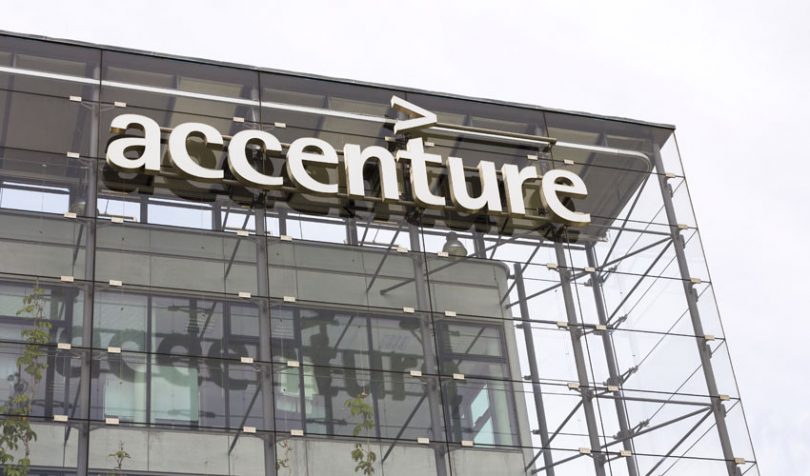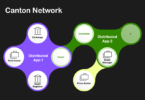Enterprises buy various software licenses for their staff to use and to incorporate in software for clients. It’s a sufficiently big job to monitor licenses that an entire category of Software Asset Management (SAM) tools exist. Today Accenture announced the deployment of a new SAM tool based on distributed ledger technology (DLT).
The system tracks software events from origination to purchase. It helps to simplify tracking, usage and audit functions.
“While software asset tracking and management tools have evolved, it can still be a daunting task for any large organization to manage,” said Melanie Cutlan, senior principal, Accenture Operations blockchain lead. “The power of DLT will simplify the traceability of these licenses, and, therefore, the auditing function so all can see where each license is assigned. This has the potential to save organizations millions of dollars per year in the management of their software license portfolios.”
Digital Asset
Accenture’s system is built using Digital Asset’s DAML technology. This is the first public announcement of a project outside of Digital Asset’s core financial services base. The company is best known for the Australian Securities Exchange project. However, it is no surprise as it’s previously stated a desire to expand into other sectors and was considered for insurance consortium RiskBlock.
Chris Church, chief business development officer at Digital Asset commented: “The delivery of this application also represents a tremendous milestone for us since this is the first application built for a non-financial use case to go into production on the Digital Asset Platform.”
A common question that comes up with blockchain projects is “why DLT?” as opposed to a centralized database. The DLT rationale for this particular application is a little less obvious than others. One argument sometimes raised is that the distributed aspect helps with large organizations which include numerous separate legal entities. Another is that potentially major software companies could host nodes so that it becomes THE software licensing platform. We’ve contacted Accenture for their comment.
EY and Microsoft created a games royalties platform. But given the nature of games, with publishers and distributors, the rationale for that application was more obvious.







